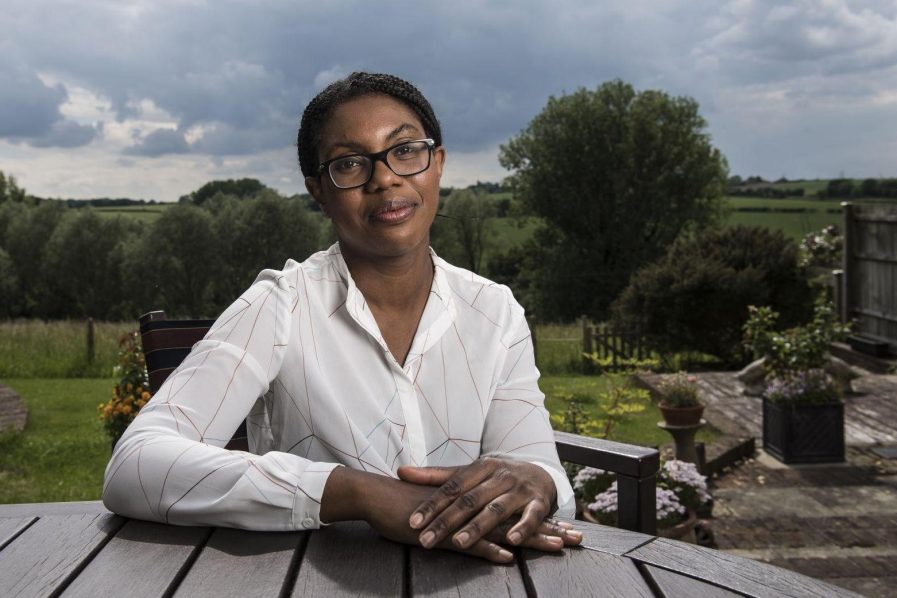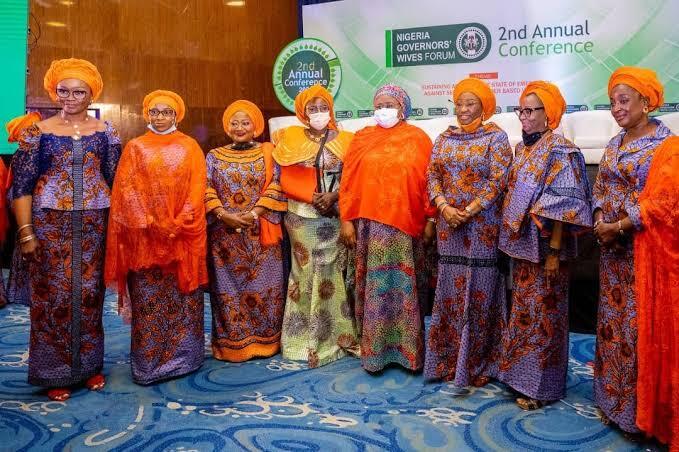
Kemi Badenoch is known by people for many things: her intellect, her rise within the Conservative Party, and her distinction as Britain’s first Black woman leader of a major political party.
But above all, she has built a reputation as a straight-talker, someone who doesn’t mince words and isn’t afraid to call things as she sees them.
Badenoch’s unapologetic approach to politics has kept her in the news, making headlines in national dailies, and has earned her both loyal supporters and fierce critics.
For her admirers, Badenoch’s blunt honesty is a refreshing change in a world of political doublespeak. For her detractors, however, it often comes across as abrasive, overly simplistic, or even inflammatory.
In the UK, at the Conservative Party’s annual conference in Birmingham earlier last year, Badenoch declared, “So here’s what we’re going to do. We’re going to rewrite the rules of the game.”
She went on to address her reputation for being combative, saying, “Some people say I like a fight. I can’t imagine where they got that idea. But it’s not true. I do not like to fight, but I’m not afraid to fight.” She made it clear that she was ready to take on “left-wing nonsense” while championing “authentic conservatism.”
Her most recent remarks, however, have put her in hot water yet again. Speaking at an event organized by the British think tank Onward, Badenoch used her upbringing in Nigeria as a cautionary tale for the UK, accusing Nigerian politicians of mismanaging public funds and presiding over what she called ‘terrible governments.’
“I grew up in a poor country and watched my relatively wealthy family become poorer and poorer, despite working harder and harder as their money disappeared with inflation,” she said.
Badenoch explained how these experiences shaped her political worldview and her determination to protect Britain from similar governance failures.
Yet what she framed as candid, some Nigerian critics have called dismissive, oversimplified, or even offensive. Here is how the reactions have unfolded.
1) ‘I would rather live in “poor” Nigeria than in “rich” Britain’
“I would rather live in “poor” Nigeria than in “rich” Britain where men marry men, women marry women… and children are gang-raped and politicians are paedophiles,” Femi Fani-Kayode did not mince words in his response to Badenoch.
Fani-Kayode, former Minister of Aviation, in a lengthy tirade, declared to Badenoch that he would “rather live in ‘poor’ Nigeria than ‘rich’ Britain where Christians are derided, Muslims are hated, churches are empty, mosques are bombed, blacks are treated like filth….”
He accused Badenoch of being a “self-hating” and “psychologically disturbed” individual who denigrates Nigerians to please “white supremacists” and “neo-Nazis in her new-found country.”
Fani-Kayode told Badenoch that Nigeria may be poor “but at least we are not subject to all these vices and afflictions” and that the country “holds fast to our Christian and Muslim values,” noting that Nigeria will not burn in hell for eternity for trying to replace God with its accursed arrogance, insolence, pride, and vanity and its insatiable love and celebration of wealth and power.
2) “Don’t weaponise your heritage”
Daniel Bwala, Special Adviser to Nigerian President Bola Tinubu on Policy Communication, urged Badenoch to avoid disparaging her homeland to appeal to her far-right base.
Bwala wrote on X: “I truly wish that sister Kemi Badenoch would avoid denigrating Nigeria, the country of her origin, as a weapon to please her far-right base.
“Rishi Sunak never weaponised the gang rape and other vices in India; the country of his origin just so he would impress the far-right base.
“She is smart, intelligent, and we are proud of her rise in the politics of the UK; but we are equally saddened by her terrible rhetoric against Nigeria.”
3) “Your father was a medical doctor; UNILAG professor, not poor”
Professor Bolaji Akinyemi, a former Nigerian Minister of Foreign Affairs, also expressed disappointment at Badenoch’s portrayal of her childhood.
Akinyemi questioned her narrative of hardship, noting her privileged upbringing as the daughter of a University of Lagos professor and medical doctor.
“How can the daughter of a professor at UNILAG — her father was a medical doctor — a girl who went to the international school at UNILAG, make it sound like she was selling groundnuts and water in Lagos to advance her political career?” Akinyemi questioned.
He accused Badenoch of betraying her heritage, warning that such tactics may backfire.
“She would soon learn that you don’t throw your people and your culture under the bus in order to advance your career,” Akinyemi told Badenoch to focus on restoring her party’s reputation instead of attacking Nigeria.
He warned her against using Nigeria as a scapegoat for political gain, stating, “She is making a mistake, but she would soon learn.”
4) Oseni Rufai, a prominent Nigerian broadcaster, wrote on X: “Can Kemi Badenoch tell her British empire to return our stolen artefacts?”






